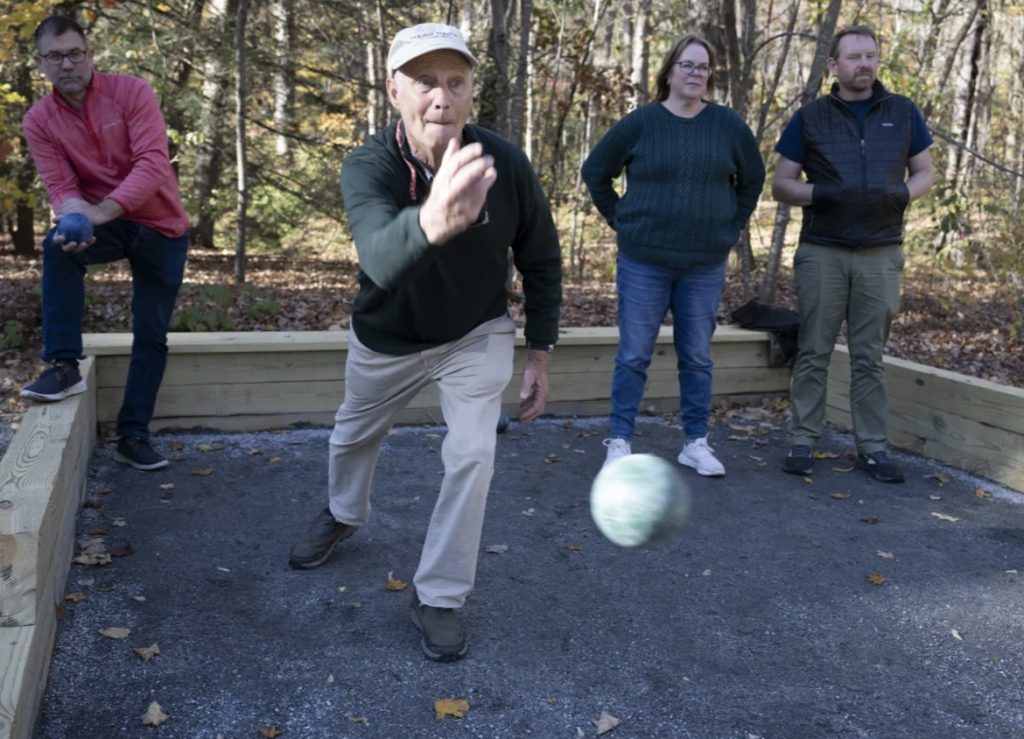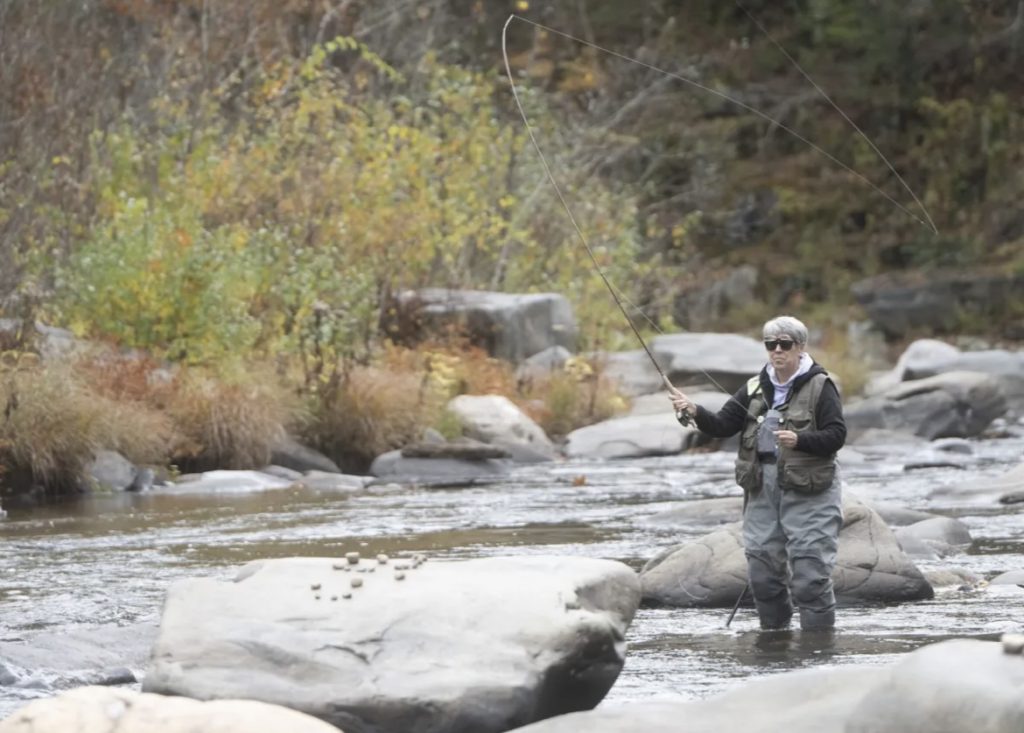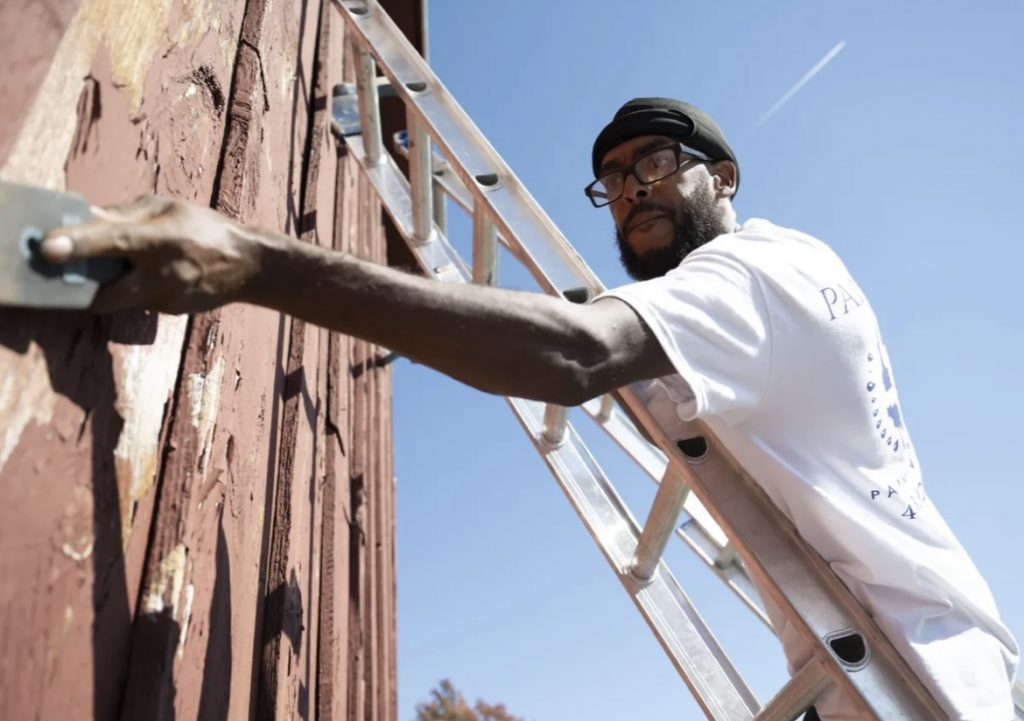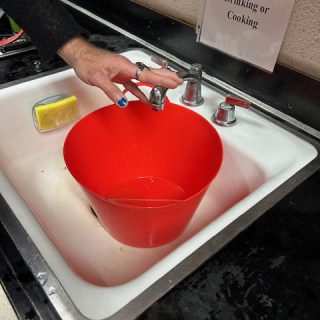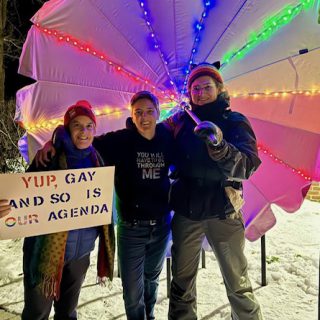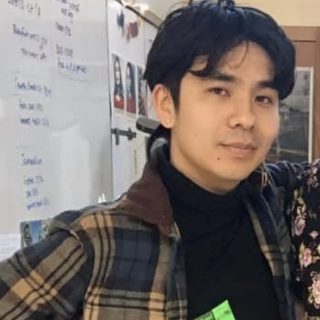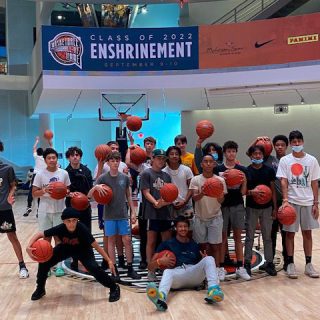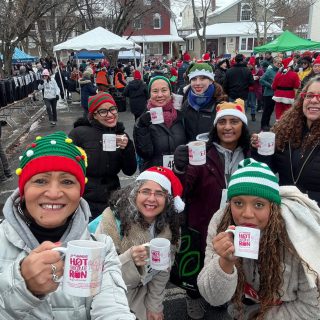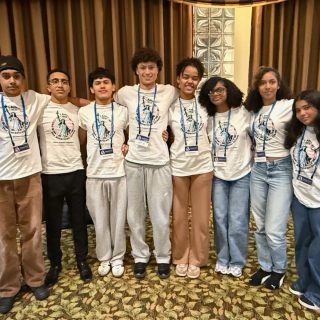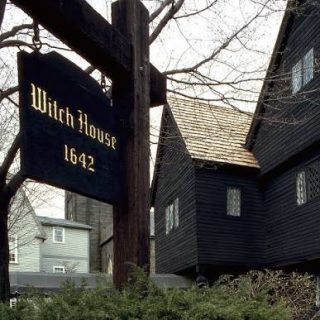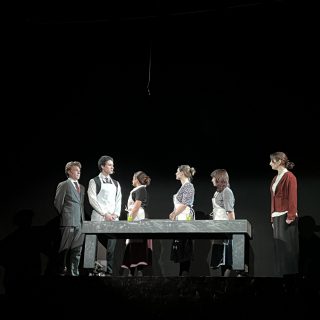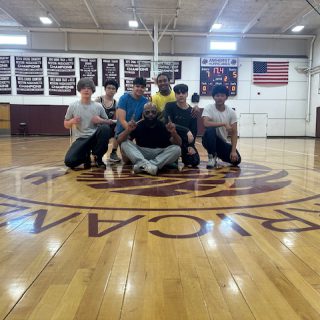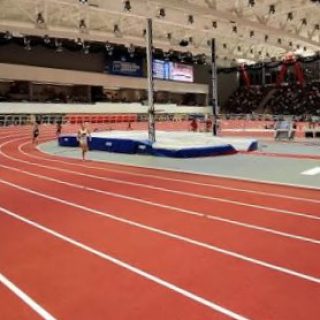Fleeting moments captured on film offer ‘key to people’s lives,’ says photographer Carol Lollis
Carol Lollis, a Western Mass resident, has been a photographer at The Daily Hampshire Gazette since 1992 and a photo editor since 2008. Dedicating so much of her life to her career, Lollis believes that photography takes time. “It really took me a while to find my voice,” she said. “It was hard to learn what I wanted to do when everyone around me was telling me something else.”
However, this time spent learning was for the best, as Lollis loves her job. “Photojournalism really matches my personality,” she said. “It was super important to me that I was able to find something that is so simple but also so complex.”
As a young adult, Lollis always had a strong interest in photography. “I remember my mom asking me what I wanted to do after college, and I told her I wanted to be a photographer for National Geographic,” she said. After an interview with National Geographic, Lollis realized she was very interested in photojournalism. “I actually got really interested in anthropology,” she said. “It was basically another type of photojournalism for me.”
Born and raised in Kentucky, Lollis attended Beloit College in Wisconsin. During her time at Beloit, she spent time studying English, anthropology, and photography. “I actually really struggled in the photo world,” she said. “Everyone was really into artistic, styled photography, and it was really hard for me to find my voice.”
Lollis attended graduate school in Ohio, where she ultimately found her passion and drive for photojournalism. “I had a lot of great advice from my professors at grad school,” she said. “It really helped me find my place and what I wanted to do within photography.” After finishing her time in graduate school, Lollis applied for a position at The Daily Hampshire Gazette in Massachusetts.
Originally, Lollis thought her time at The Daily Hampshire Gazette would be brief. “I had done quite a few internships, and I thought I would only be at The Gazette for like a year,” she said. “But it ended up being exactly what I needed, because it allowed me to do everything I wanted within my career.” Lollis has now been working with The Daily Hampshire Gazette for 33 years.
Some of her most recent photos in the paper include: a man fly fishing at the Chesterfield Gorge, a child playing with bubbles at Grow Food Tuesday Northampton’s market, members of Christ United Methodist Church in Northampton baking pies for an upcoming holiday fair, a woman sweeping fall leaves off her driveway in Chesterfield, a student relaxing in a hammock at UMass, a woman picking sunflowers in Northampton, children painting on a bus representing Hatfield Elementary School at the Three County Fair in Northampton, and employees setting up a tent that covers a merry-go-round at the Amherst Carnival, all showing slices of life in the Valley.
Lollis has many fond memories of her work over the years. One more recently has stood out to her, showing the impact that her work has had on past subjects, when she returned to a farm seven years after publishing a photograph of it. “When I went back, I noticed that they had the picture I had taken hanging on the door,” she said. “It was really cool to see in person that what I do actually has an impact on people.”
While many memories of her work are fondly remembered, Lollis also understands how hard photojournalism can be on the subjects. After visiting the grave of a young girl who had passed away with her mother, Lollis realized that while people’s grief is difficult, they often want to be seen in that grief. “People always deserve to be asked,” she said. “Even if they say no, they should always have the chance to tell their own story.”
Lollis’s role within The Daily Hampshire Gazette has changed greatly over the years. Beginning her job fresh out of graduate school, Lollis recalls shooting with black and white film at the start of her career. Going from a photographer to a photo editor, Lollis places great value on her career. “In the simplest terms, my job at The Daily Hampshire Gazette is really about documenting the community that I live in, in the most responsible, ethical, and honest way through images,” she said.
Being a photographer is not all about the pictures, as Lollis believed the connections with her subjects are just as important. “There are times when I come away from my day and it’s not the images that stand out,” she said. “It’s the conversations and connections I had with the people I was photographing that I really remember.”
While Lollis is a very successful photographer, she is not interested in awards or recognition. Instead, she values connection and the storytelling of the art. She finds that vulnerability within photo journalism is very important when capturing a moment. “It’s like a key into people’s worlds,” she said. “You can stay as long as you like in the fleeting moments you capture.”
Being a photographer and photojournalist is not as easy as it seems, as Lollis’s many years of experience have come with many lessons. “People think photography is easy, but it’s really hard, especially with all the ethics behind it,” she said. “But even though it’s hard, it’s definitely worth it to find a career like this that works well with your own personality.”
Lollis encourages those with a passion for photography to pursue it. “My biggest tips would be to never be afraid to be in the moment of a shoot, and to never stop learning,” she said. “A lot of it is muscle memory for me now, but I will always connect with whatever is in front of the camera.”
As Lollis begins thinking of retirement, she finds it hard to think about the possibility of leaving her career behind. “So much of my identity is connected to it,” she said. “But I don’t think that’s necessarily a bad thing, I think that is what really allowed me to connect with more than just the pictures.”

